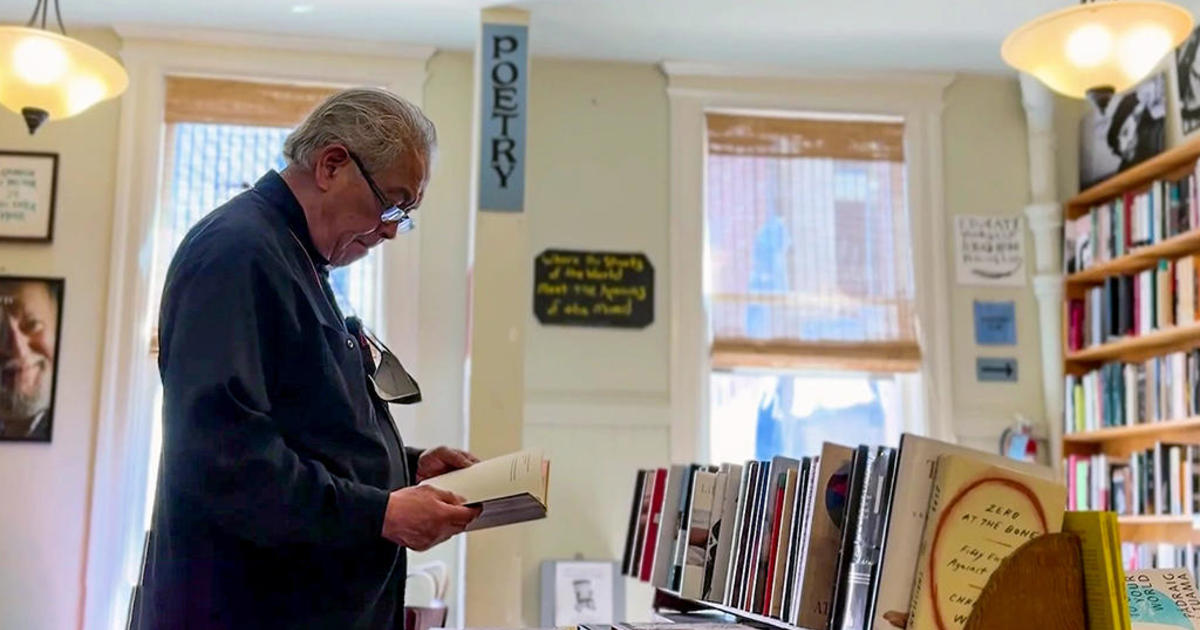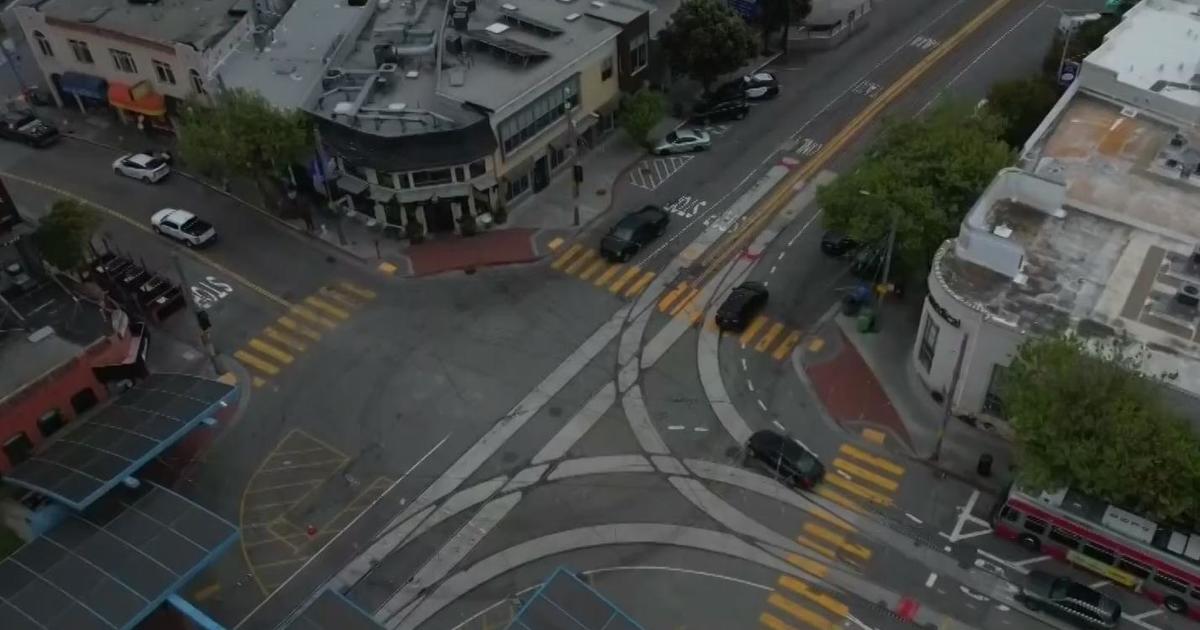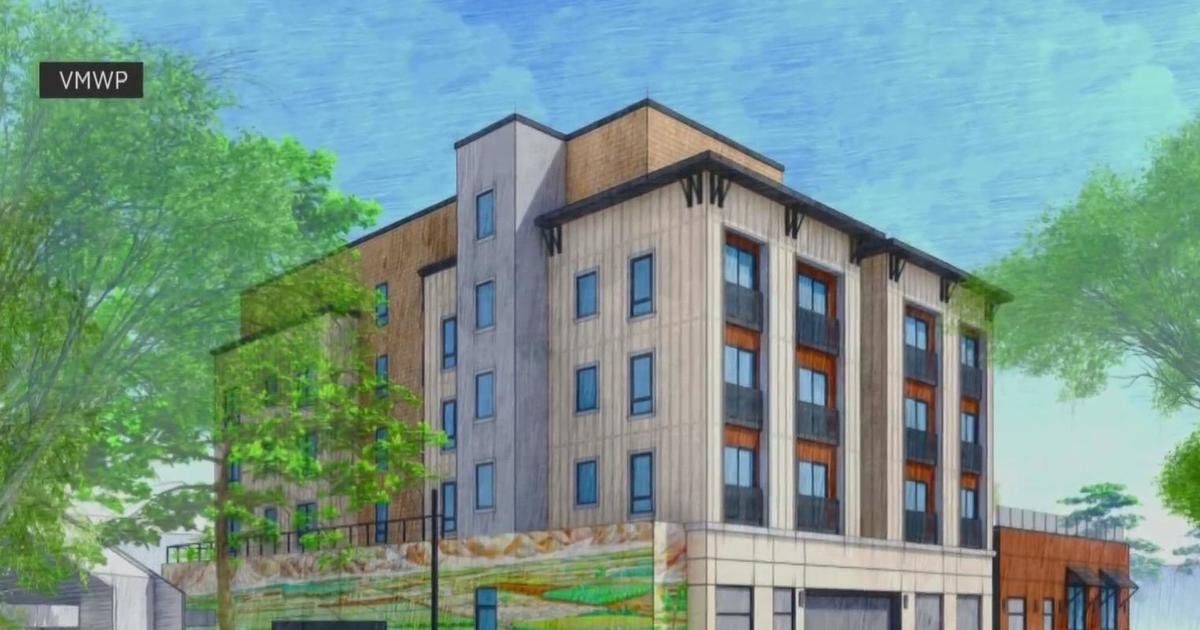Salvation Army steps up assistance for S.F. drug-response efforts
SAN FRANCISCO -- As San Francisco tries to take better control over its drug crisis one group in particular is vying to become a greater part of the relief effort. That group now includes someone who has spent years trying to help people with a problem he himself faced in the past..
"This program was designed in response to the needs of the community," Steve Dami told KPIX in 2021. "We set out to create a safe space for people who were trying to get away from all drugs."
After two decades in and out of jail and prison, Adami ultimately landed a job with the San Francisco Probation Department, where he ran the city's only abstinence-based recovery program. The only way to get into that program is to be released from jail, which is something many San Franciscans do not want to see happen.
What is Steve Adami doing now? He has a new job trying to take that same idea to more people.
"Our facility, basically, is not being utilized to its fullest capacity," Adami said, walking through a multi-part, South-of-Market treatment facility.
Adami's new job is filling the empty beds at the Salvation Army's on-demand detox and residential treatment program.
"Right now in San Francisco, we've doubled down on housing first and harm reduction," he said of the strategy. "And while those are useful strategies, we need additional strategies like treatment-on-demand, recovery-focused, transitional housing."
Joshua Brathwaite is among those who came here looking for help. He's now in their initial 180-day recovery program. Everything here is based on abstinence.
"It was that time. I just woke up one day. It was kind of like a spiritual awakening and I just can't do it any more. I got tired of being tired," Brathwait said. "It doesn't work for everybody. I believe, what helped me, you have to want it and I don't think you know what I've been through this before but I was doing it for the wrong reason. I was doing it for somebody else."
After the initial program, there's two years in a sober-living facility.
"As they complete treatment they transition into a recovery-focused transitional housing program for an additional few years where they work on formal education, vocational training and career development," Adami said of the second phase.
Joseph Demaria is 11 months into recovery and offered KPIX a look around his dorm room. Demaria is now 11 months into recovery.
"This is my room, come on in! I have a really good job at the mall as a manager and I'm saving up money to just finish my classes and become a substance abuse counselor and give back to the community. Service is really big for me. That's how you stay sober," Demaria said.
In the coming months, the plan is to take all of this and scale it up.
"So the building was built in the 50s," Adami said of the center on Cesar Chavez and Valencia. "This was the Salvation Army adult rehabilitation center."
"So we are looking at the third-floor wing that, come January, will be completely remodeled," the Salvation Army's Destiny Pletsch said of the expansion plans.
The old Mission facility is being renovated, adding more beds on unused floors.
"One hundred six people in recovery rebuilding their lives and restoring hope to others," Pletsch said.
The Salvation Army is hoping to become a larger piece of the city's answer to the drug crisis. They will be lobbying for direct referrals and more funding, while pushing back against perceptions that the institution is outdated.
"We don't discriminate," Adami said. "We are open to anyone who is seeking help."
"We are just wanting the city to recognize that," said Major Darren Norton, head of the Salvation Army in San Francisco. "You know, the open drug scenes and the addiction with the fentanyl crisis, that there are hundreds and hundreds of people on the streets that need a recovery-based approach."
"I look at it as, I chase my recovery, the same way I used to chase drugs," Brathwaite said of his work here. "I go all gas, no brakes."
It is an old name offering help during a leveled-up drug crisis. Adami is convinced that, for a lot of people, it can be the way out.
"We need to make promises that we can keep," Adami said of the city's challenge. " And one promise we can keep is that we can help people reclaim their lives If we start really promoting recovery and demonstrating change is possible. People want to do better and they need to give them the opportunity to do better."




